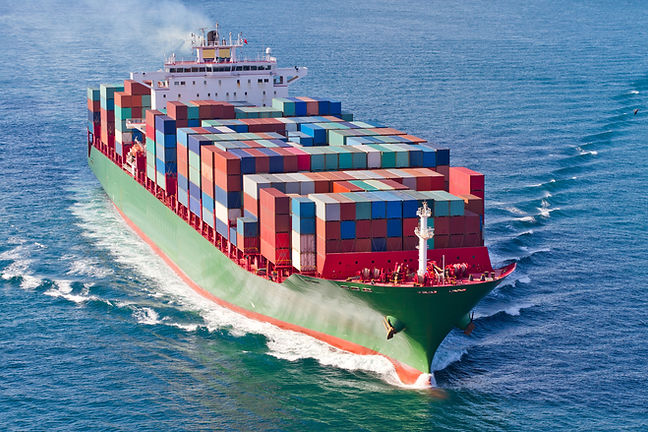top of page

FAQ's
Frequently Asked Questions
What is marine insurance?
Marine insurance is a contract providing financial protection from losses to a ship, cargo, or freight while covered during water transport, and often during related land or air transport, due to various perils, including loss, damage and/or theft.
Who needs marine insurance?
Marine insurance is useful for an entity that transports goods over the ocean (or includes sea legs), including importers, exporters, shipping providers, transportation providers, etc. Marine insurance protects you from losing goods or liabilities they may incur during the process of transport, etc.
What are the different types of marine insurance coverage?
Marine insurance offers several types of coverage: Cargo Insurance (for goods in transit), Hull Insurance (for the vessel), Freight Insurance (for potential loss of freight revenue), and Liability Insurance (for third-party claims).
What does cargo insurance generally cover?
Cargo insurance generally covers loss or damage to goods being transported, subject to various perils such as weather, sinking, collision, theft or accidents. The issuing policy may cover related losses while loading or unloading depending on the clause in the policy.
What risks are not covered by marine insurance?
Marine insurance typically does not cover losses due to fraudulent or intentional misconduct, normal wear and tear, inherent vice (natural defects in the goods), delays, poor packing, or failure to comply with legal regulations.
What does marine hull insurance cover?
Marine hull insurance covers the ship/vessel itself. The policy will cover physical damage to the hull, machinery, and equipment, because of perils such as collision, grounding, fire, or heavy weather. There are other clauses which may cover additional perils such as war risk, strikes, and other specific perils.
What are the Institute Cargo Clauses A, B & C?
These are standard sets of clauses included in marine insurance policies, and define coverage:
• Clause A - broad "all risks" coverage.
• Clause B - named perils coverage, not as wide coverage as A.
• Clause C - narrow coverage, less expensive than A and B.
Does marine insurance cover part of the land transit or air transit?
Yes, marine cargo policies normally include "warehouse to warehouse" or "door to door" coverage, which means the goods are insured from the point of origination to the destination, including any land or air leg to destination, depending on the policy.
Why is marine insurance crucial for global trade?
Marine insurance is crucial for global trade as it protects businesses from significant financial losses due to damaged, lost, or destroyed goods in transit. It also fulfills contractual and legal requirements, supports supply chain security, and ensures stability.
How do you select a marine insurance policy?
It is essential to understand: the type of coverage required (cargo / hull / liability); the specific risks to each route, any exclusions to policy coverage if applicable, the value of goods / vessel / liability insured, mode of transport (sea, land, air), the reputation of the insurance company, and clarity on the claims process.
bottom of page